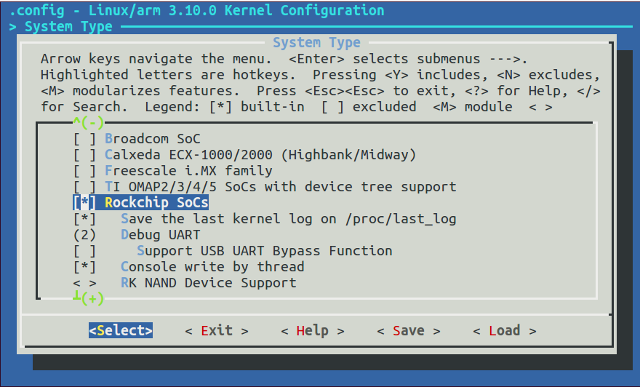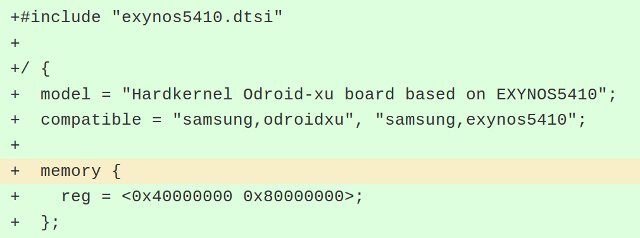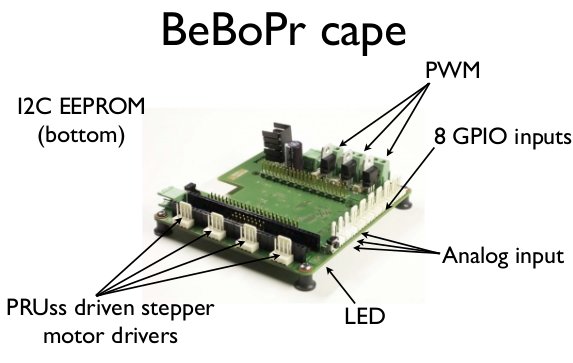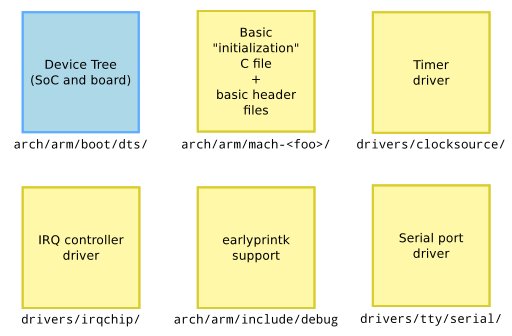A few days ago, we’ve seen Chromium OS running on Rockchip RK3288 development platform. I’ve been informed the source code could have already been released via the newly registered rkchrome github account with Linux kernel 3.10.30 and the overlay files to build Chromium OS for RK3288. There’s also a u-boot repository but it is currently empty. This Linux kernel can also boot Rockchip RK3188 based Radxa Rock development board, but more tests are needed to see if it’s really usable. I’ll have a look at the Linux kernel, and try to build it, and leave the Chromium OS part for later or other people. Let’s retrieve the source code:
|
1 2 |
git clone https://github.com/rkchrome/kernel.git cd kernel |
We’ve got two kernel config files related to Rockchip in arch/arm/config:
|
1 2 3 |
ls arch/arm/configs/ | grep rock rockchip_chromium_defconfig rockchip_defconfig |
But since this is a recent 3.10 kernel with support for Flattened Device Tree support, and multi-platform support, there’s not much to be seen in these files, and […]









